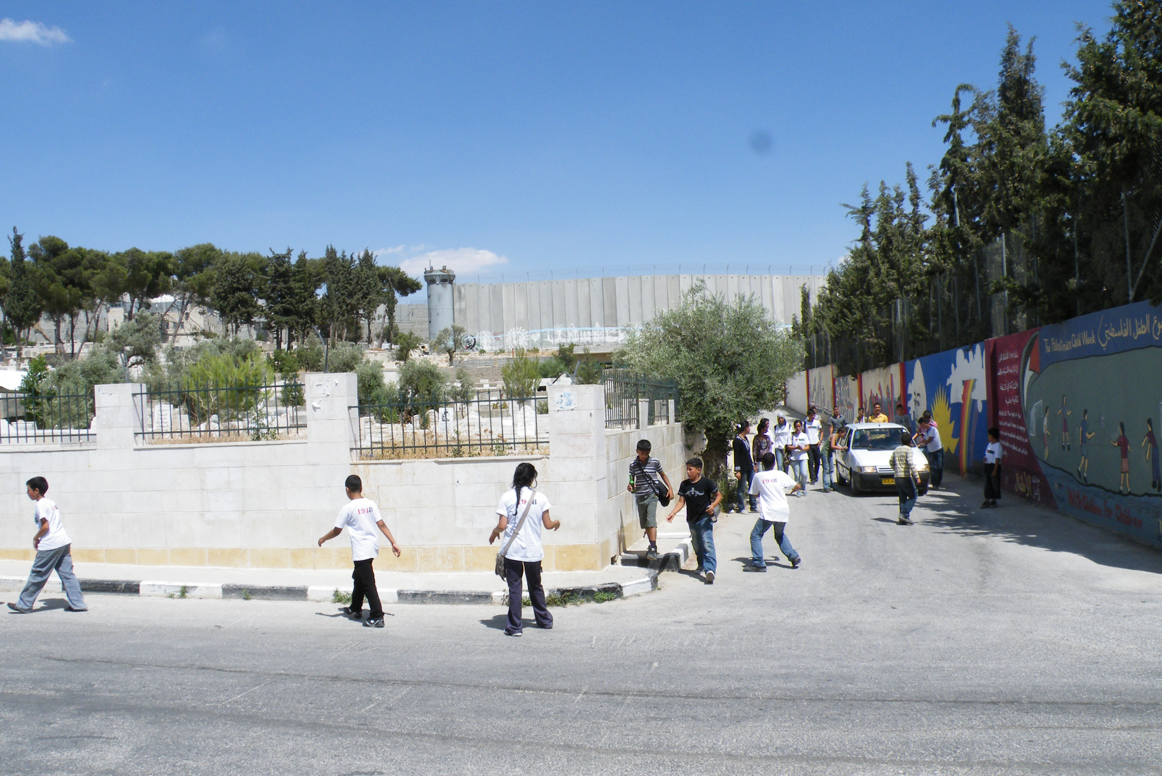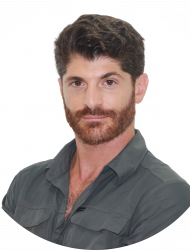
As a Palestinian, growing up in the City of Ramallah introduced me to the concept of Refugee Camps. During my childhood, I was aware to the poor living conditions of these areas and most importantly, to the stories of the residents who were displaced and expelled from their original homes. Year after year, I made friends from a few camps around the West Bank to only notice the differences in infrastructure and housing between my neighborhood and theirs. However, only after participating in a fundraising conference held by the United Nations Relief and Work Agency ("UNRWA") in Brussels, Belgium, I managed to fully grasp the challenges and lack of development strategies refugees' face not only in Palestine, but in the rest of the world including neighboring countries like Jordan, Lebanon, Iraq and the Syrian Arabic Republic.
UNRWA was established in December 8th, 1949 following the United Nations Resolution 302 which considers the Palestinian refugees. According to its definition,"Palestinian refugees are those who resided in Palestine during June 1st 1946 and May 15th 1948, and lost both home and means of livelihood as a result of the 1948 conflict".- This definition, which does not consider locals who were abroad for various reasons in between those dates, still proves wrong the false claim that the land was empty when the partition plan was introduced or Israel was established. Since its establishment, this agency is in charge for carrying out direct work and relief programs and is also responsible for providing services in the nineteen recognized refugee camps. These services are basically the entire public welfare and include: 97 schools with 51,327 Students, 2 vocational and technical training centers, 42 primary health centers, 15 community rehabilitation centers, and 18 women's program centers.
Yet, the camps suffer from poor infrastructure, sewage systems, and density of its residents. It seems like every expansion or progress in those areas was "temporary", in between and resulted without a clear plan or a long term program. A clear example can be seen in Al Am'ari Camp, established in 1949 and located 2 km away from Al Bireh, This camp was built for a small community but now hosts about 10,337 registered refugees living in area of only 90 Dunams (22.2 Acres). The camp’s residents suffer from crowding, poor infrastructure, lack of structural or urban planning, and thescarcity of sufficient education or health services. As a result the camp, and the other camps which are in similar conditions, look like the famous informal settlements known as "slums" or "Favelas" in the developing world.
It is clear that these conditions, especially when they are not confronted by development programs, keep the refugees and their young generations in their poor living conditions. Over the last years, I worked with Palestinian youth including 3rd generation of refugees on the issue of unemployment at different organizations in the West Bank. It was clear that as a part of society, this generation shares the same needs and difficulties of unemployment as other Palestinian youth. However, they face as well another great challenge resulting from their "temporary" status where they fight their right of returning to their lands together with improving their local development and conditions. This generation is jammed in between the horrific past and poor present and thus could not develop the wellbeing of its place of residence.
From my experience working with 3rd generation of Palestinian refugees, I see a need of designing clear policies for the benefit of locals in a long term perspective despite their "temporary" status. It is clear that the refugees will never ask to change their refugee status or even to leave the camp permanently without promising their Right to return but they will accept any policies to enhance their livelihood. Thus, the Palestinian Authority should develop a code of conduct to develop the infrastructure of refugee camps through a general urban plan and detailed development policies. I understand that the camp forms a symbolic place for all refugees as it keeps reminding them of their right to return, however, this does not contradict with providing a better life for them within those camps.
Secondly, In the Palestinian case, few steps can be taken to positively change the situation of camps. Definitely- in my opinion- we as development practitioners have many thoughts to contribute to change the local Livelihoods. But in general, the international organizations should not only provide basic services as education but generate holistic programs that deal with various dimensions of being at refuge. These programs should consider long term social development standards and contemporary political statuses. Additionally, as usually the camps form a unique indigenous community, who was expelled from the same geographic region, the programs should recognize the unique characteristics of a certain community, including the language, history and traditions in order to promise the perseverance of the community.
Lastly, I suggest the implementation of local and international advocacy campaigns forcing Israeli commitment to provide all services, including financial and logistical needs to support Palestinian refugees, not only in the West Bank but in all camps around the world. There should be an ethical commitment by Israel to help and develop the situation of refugees, since its establishment was the main reason for their creation and eventual suffering.
The development of groups like refugees brings hope and enlightens us to respect the special needs and desire of each community. At the end, we are- development practitioners- must work to bring hope, help, and better quality of life to people according to their standards, not ours.
Ahmed Yasin


